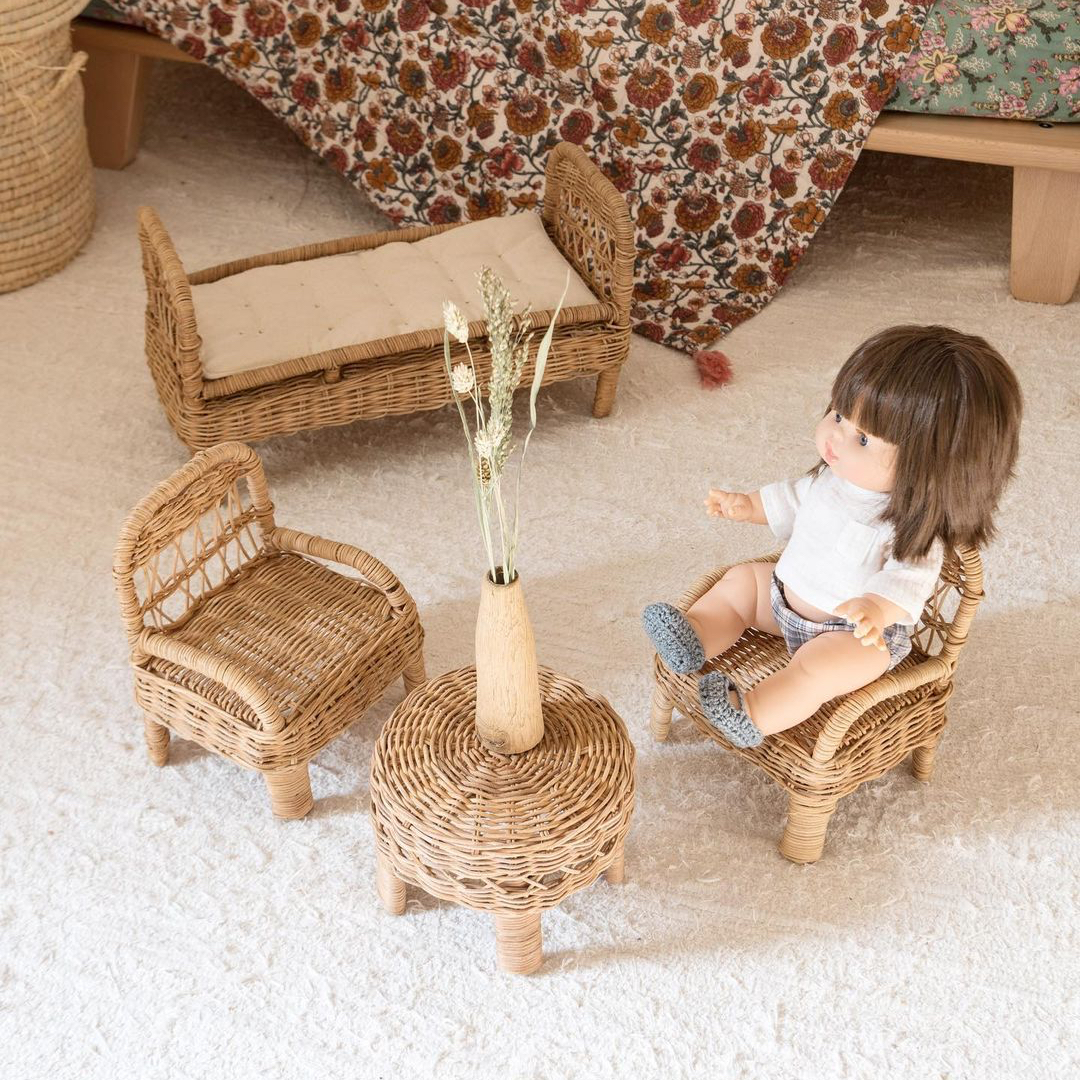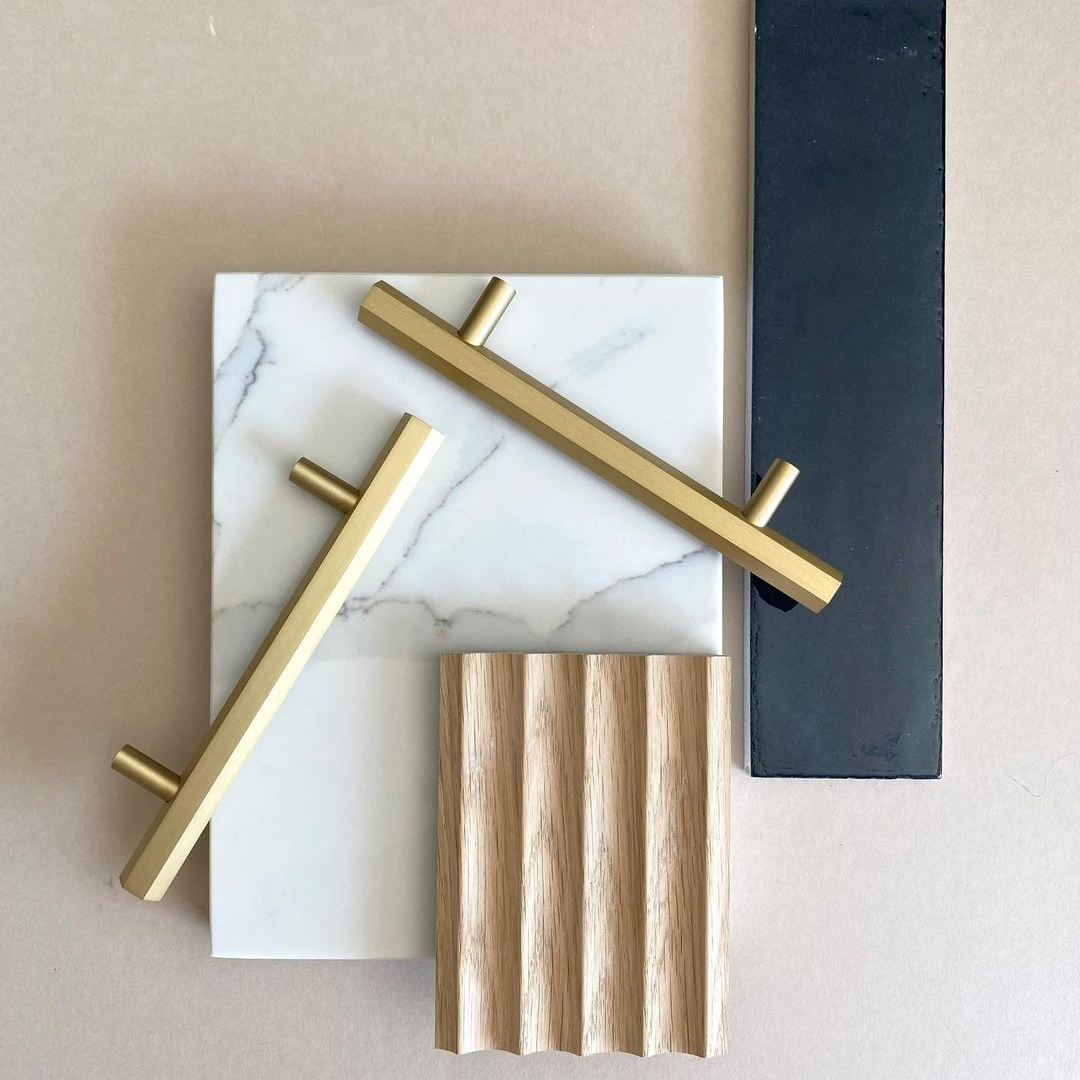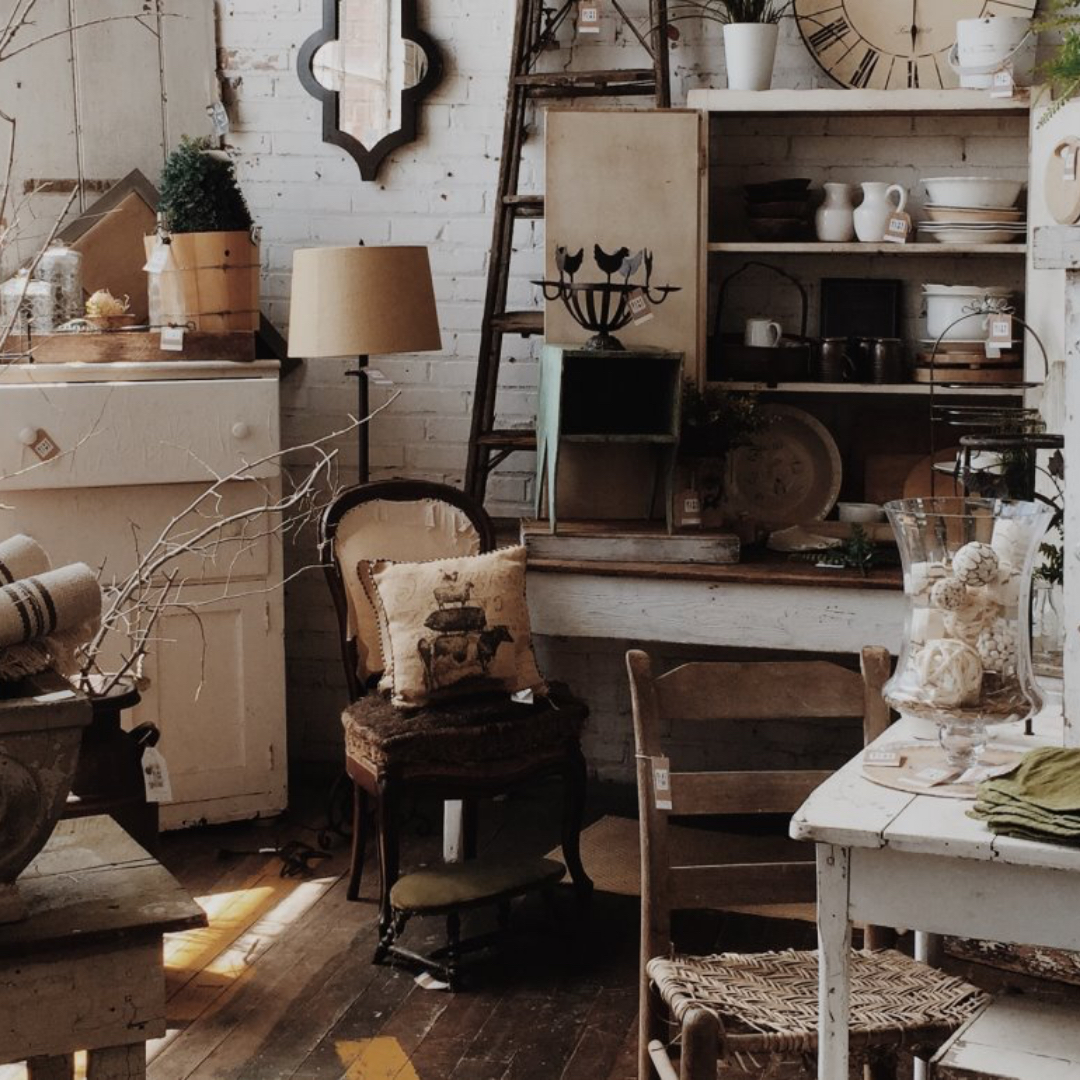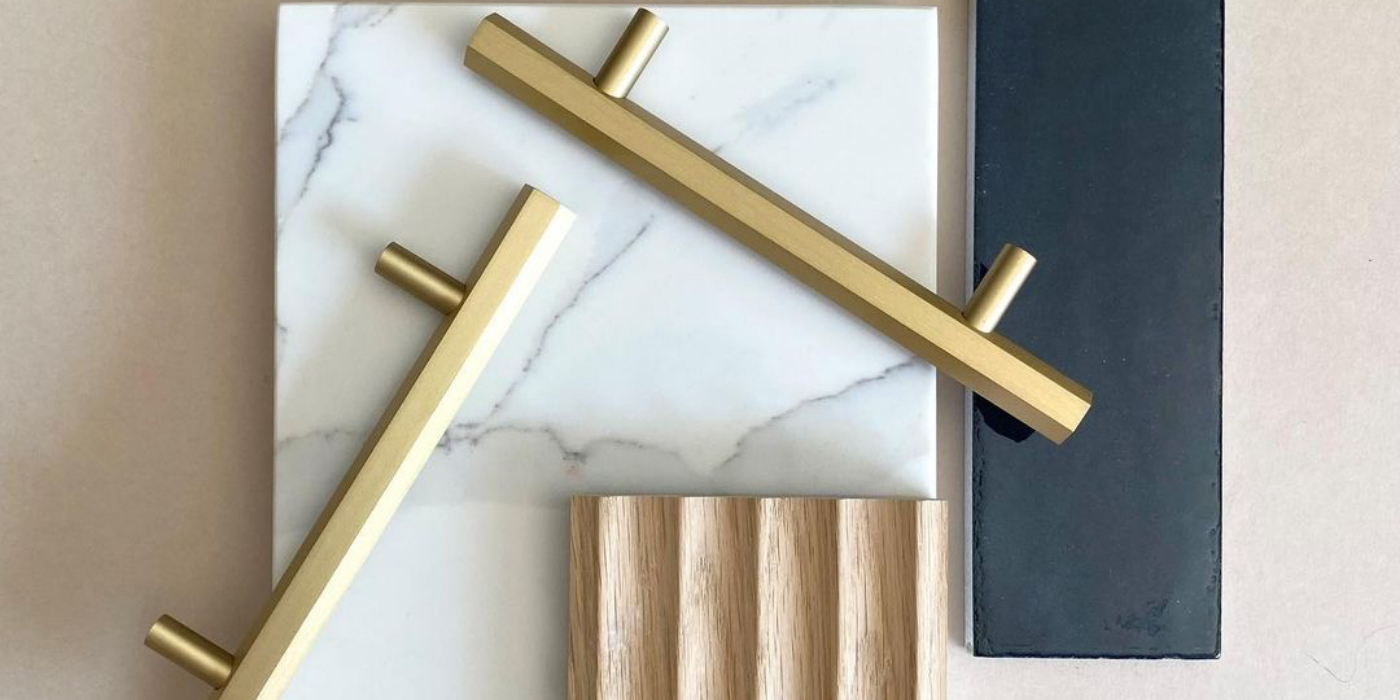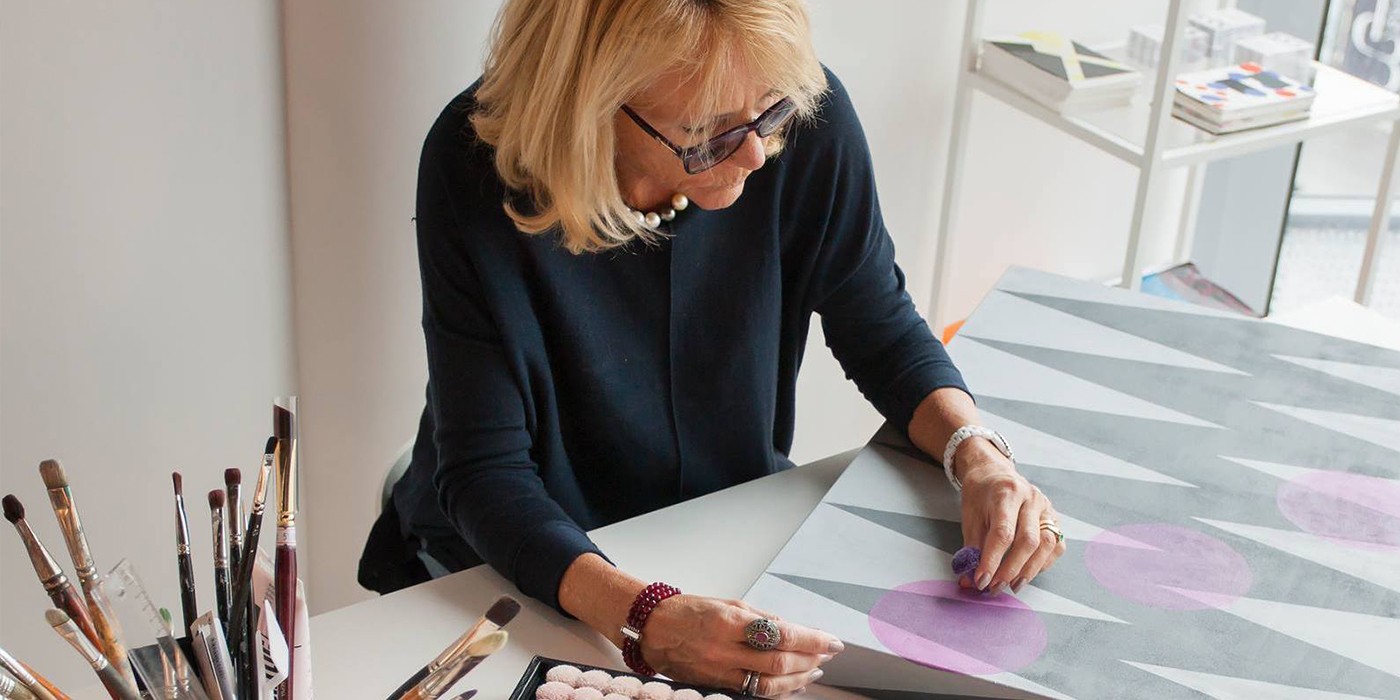Meet Oliver Theobald, Founder of FUZL Studio
Designer and founder of FUZL Studio, Oliver Theobold talks about what it means to design good furniture – and by good, we mean Responsible, Ethical, Durable, and 100% Made in the UK!
Tell us a little bit about who you are and your background
Mine has been a restless career path, one that brought me to a decision to set up my own company after a great deal of wrangling. It is quite odd thinking back through the many (as they seemed then) false starts, dead-ends or ‘bad choices.’ But now, with the benefit of hindsight, I can firmly identify where each of the less envious stops on my path has brought about a lesson of some kind.
I started out of school, very ambitious about being a designer and yet through a series of ill-fated decisions (if they could be called decisions) I was knocked off course. By my mid-30s I was adrift and wanted a new direction all of my own. I wanted to sink a great deal of thought and care into something and work hard to make myself proud of what I did.
An odd confluence of events led to the moment when I decided to start FUZL and even today I am not sure quite how it all happened.
Since then, I have teamed up with an amazing woman and we have two young children who are as much of a challenge as starting a business. I am very lucky with my family and luckier still that I adore what I do and cannot wait to get to work each day; I am a very lucky man indeed.
What prompted you to start the FUZL Studio?
I touched on the odd misalignment of things in my working life before FUZL. I also mentioned a palpable urgency to become the chief arbiter of my own destiny, something I wanted so much was to be the sole decision-maker. I have since understood more of the fallacy of that desire, the impossibility of its premise, but I wanted it very much.
At around that time my partner and I were moving into our first home, and I was looking for a spark that didn’t fizzle out in the moments immediately after its genesis. I was rather at a loss.
I did know however that we needed furniture for our home and so I started looking for some online. I was very disappointed in what I found and although I now know the nooks and crannies of what is on offer much better, there was good reason for my disillusionment. The bigger companies, with vast marketing budgets, had a stranglehold on the sale of furniture online and so I came to [wrongly] assume that the big names were the only option. (I must admit I had never looked at furniture seriously before this time as I had no particular interest in it, nor was I versed in the who’s who of designers).
I was troubled at how carefree companies seemed in their readiness to make things that seemed almost intentionally complicated, short-lived and wasteful, all the way down to the packaging and delivery methods.
I think it was that frustration that started my mind down this track and I continue to be obsessed with asking difficult questions about furniture in the modern age. FUZL is where I have started and I cannot wait to see where it take us.
Why flatpack furniture?
I have written before that self-assembly furniture is such a massive segment of the global furniture market that it seems fallacious to call it by that name. Most furniture companies who fulfil to the end consumer ship flat pack. It would be madness to do otherwise – not to mention catastrophic for the planet in distribution derived CO2 emissions.
What I wanted to know was why did furniture (flat-pack or otherwise) need to be so short-lived and ill-suited to use in people’s homes. You only need to wander around Southwark to see tonnes of unloved furniture thrown to the wolves: in tips and around dark corners on estates. And the supply is endless… I wanted to look into making furniture that was better for the long-term sustainability of our homes. I am a major fan of mend and make do, thriftiness and value for money, but my main concept is £/impression. I believe that GOOD FURNITURE* brings a return by outlasting the competition and I’m in the business of getting modern classics into existence and into peoples’ homes, asap.

What is your design process?
I wander around my home faced with silly space wastage, with corners that are not bringing value to my life or that were designed through woeful misjudgment. I find it incredibly satisfying to find ways to improve my own home (by my standards of course) and I’m motivated to share those gains with others. I get a kick out of seeing people benefiting from my obsession.

Where do you source your materials?
We do not have any commercially viable managed birch tree plantations in this country sadly. I gather we haven’t had sensibly sized forests for many centuries (hopefully this will change). Therefore we need to import our wooden materials from managed forests in Northern Europe, through importers who have a proof of custody chain with the likes of FSC. This is the very best we can do currently, perhaps there is more but I am eager to seek out sustainability wins in the sourcing but also the processing of our raw materials and where we can find them.
What is your manufacturing process? Who is involved?
We work with modern crafts companies who are no stranger to the right end of a wood plane. They make use of a plethora of modern processes alongside traditional carpentry methods to ensure reliability and stability where it really counts. Our joints are very complex and highly custom; there is an art in getting them right and we have partners in the UK who we trust to achieve our exacting standards. We have a number of excellent companies we work with and they all share our vision of making things more and more sustainable.

Is the assembly really as easy as it looks?
I can make it look very easy indeed, so there is a little familiarisation that a newcomer experiences the first time they ‘clack’ the clip together. We have worked tirelessly to ensure we guide people on best practices through our instruction videos and we’ve had a lot of good feedback so far.

What does it mean to you personally to make good (responsible) furniture?
It is everything. When I know we have an element in play that I am not happy with I cannot sleep. If a customer has unearthed a problem with our products I will move heaven and earth to try to sort it out for them. I probably care too much.
What can customers expect from your furniture?
We go the extra mile, we look under well-trodden paths for interesting and delightful ideas that we insist on executing with excellence. Hopefully, our products are brimming with our love for the making of them and with luck that will become infectious to the owners of our constructed ideas.
We need our customers to take on the mantle of making furniture last a lifetime. We do the best we can to set up any product with a good chance of lasting out… but ultimately it’s over to them to carry it through.

